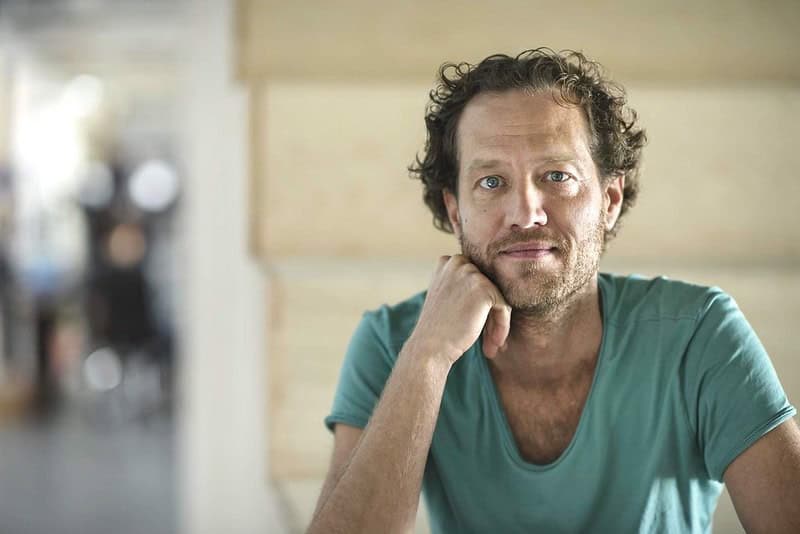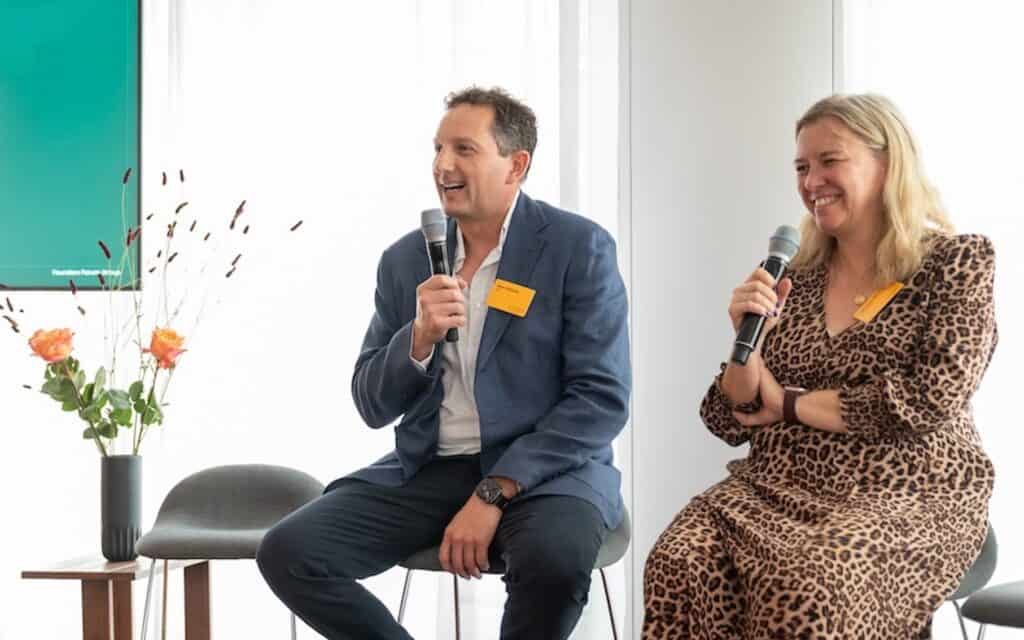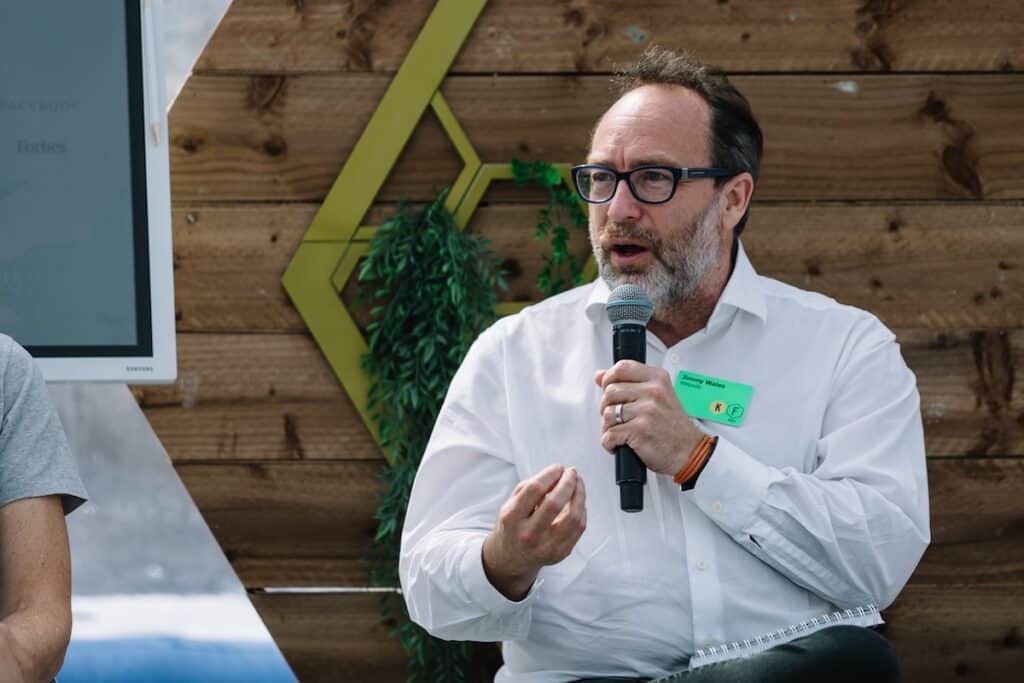Last updated on July 12, 2023
Bas van Abel, Founder of Fairphone, says most circular economy models are flawed. Read more in our ClimateTech 2023 report.
From IKEA to Unilever, more well-known brands are embracing the circular economy; investing in sustainable materials, recycling, and launching repair and reuse schemes.
But for Fairphone Founder, Bas van Abel, tech companies promoting the circular economy, whose business models are still based on pushing as many products into the market as possible, are fundamentally flawed.
Subscription models could be the answer. Fairphone, which raised €49m in growth capital in January 2023, recently launched its subscription model, Fairphone Easy, rewarding people who keep their phones for longer.
“If I sell you a phone now, you become a cost to me – every software update or customer service I offer costs me money and I have to put reserves into my P&L to cover that,” Bas explains.
“With a subscription model, I’m intrinsically motivated to support you as a customer – the longer people keep their phones, the less production cost I incur. Plus, I can incentivise people to keep their products for longer by lowering costs for those who look after their phones.”
Fairphone: Campaigning For a Circular Economy
Bas started Fairphone as a movement for fairer electronics, campaigning for climate-friendly production, repairable products, and better working conditions for people across the value chain.
Today, Fairphone sources conflict-free materials from mines in the Democratic Republic of Congo and works with manufacturers to produce sustainable smartphones with longer-lasting battery lives.
Its Fair Cobalt Alliance brings together big tech firms, like Google and Tesla, to improve the cobalt mining sector in DR Congo.
“The system is set up to make producing new electronic products cheaper than reusing them,” Bas explains. “Everything is based on a linear growth model and companies finding ways to increase supply.
“But what about demand? We don’t need two Teslas in our driveways. We need a cultural shift to rethink the relationship we have with our electronics and trigger systemic change.”
Impacting Regulation & Driving Change
To drive progress to a more circular economy, Bas calls for more regulation, ecodesign directives, and funds allocated to social enterprises.
“Plus, rather than just meeting various unstandardised ESG taxonomies pushed down on companies by the financial system, we need to be able to incorporate as a circular company, with caps on returns so you reinvest in the company’s mission.
“That will provide a clear circular label for governments so public funding and tenders go to the right places,” he says.
Tech companies must assess their entire product life cycle, he says, including the mining and sourcing of materials, manufacturing, recycling, and reusing. The argument for reuse is simple. If people use your product for twice as long, you can cut what you produce, and your electronic waste, by half.
But recycling, he says, should be a last resort. “In reality, most electronics are tossed into an incinerator. Companies are creating unsustainable products and then embracing recycling so they can say they’re doing a good thing.”
How can founders influence regulators and drive change? “First, you need to create awareness of the problem,” Bas advises. “Get people angry, agitated, and amazed by what’s happening.
“Then, show it’s possible to do things differently and inspire the rest of your industry to join you. Position yourself as a broker between governments, NGOs, and the business world.”
Download our ClimateTech 2023 report for more insights from top climate tech founders. Plus, discover our European climate tech startups to watch!
 All Posts
All Posts


